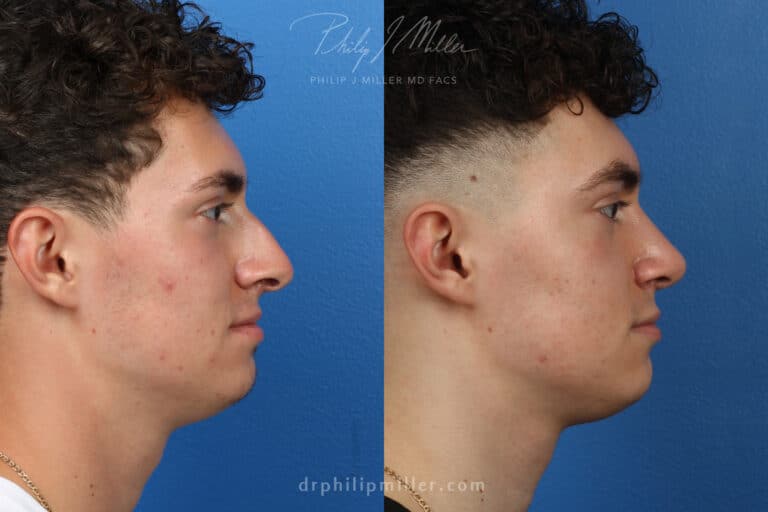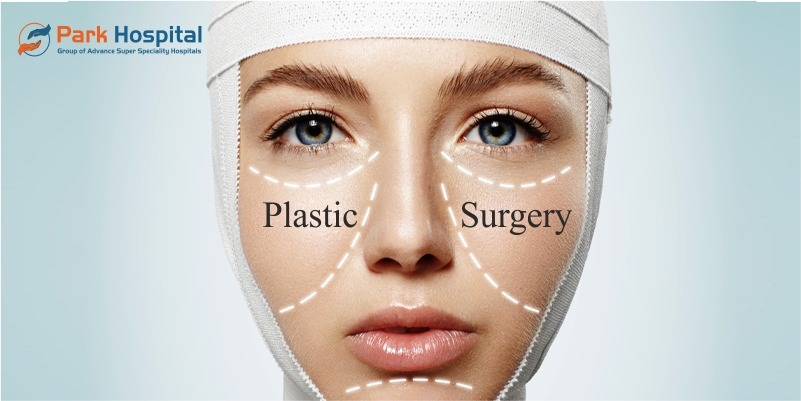Checking Out the Mental and Social Elements That Drive People to Think About Aesthetic Surgical Procedure as a way of Renovation
The choice to seek plastic surgery often prolongs beyond plain visual appeals, linking with social and emotional characteristics that warrant detailed exam. Factors such as self-worth, prevalent societal appeal requirements, and the prevalent influence of social media converge to shape individual inspirations for surgical enhancement. As these impacts become increasingly noticeable, understanding the underlying cultural and psychological contexts is important. What stays to be explored is the profound influence these elements have not only on individuality however additionally on more comprehensive societal standards and worths bordering elegance and approval.
The Function of Self-Esteem
Self-confidence significantly influences an individual's choice to go after cosmetic surgery. Individuals with reduced self-confidence frequently view themselves in a negative light, leading to feelings of insufficiency regarding their physical appearance. This unfavorable self-perception can drive them to look for surgical interventions as a technique of enhancing their self-image. The need for renovation in one's appearance is often connected to a belief that such adjustments will raise their overall self-regard and self-confidence.

Eventually, the function of self-esteem in the decision-making procedure concerning cosmetic surgical procedure highlights the complicated interaction in between body photo, personal fulfillment, and mental wellness. Comprehending this connection is vital for health care specialists to ensure that clients are making notified decisions rooted in realistic expectations and emotional well-being.
Societal Charm Requirements
Influenced by pervasive media representations and cultural stories, societal charm standards play a crucial duty in forming people' assumptions of their very own bodies. These standards are commonly characterized by an idyllic type of elegance that highlights qualities such as proportion, youthful vigor, and slimness. As these perfects are continued with various networks, consisting of tv, movie, and advertising and marketing, individuals often internalize these messages, resulting in discontentment with their all-natural appearance.
The effects of these societal norms expand past visual choices; they can influence self-confidence, mental health, and social partnerships. Individuals who view themselves as disappointing these standards may experience sensations of insufficiency, motivating a desire for cosmetic surgical procedure as a way of accomplishing social approval. This search is frequently fueled by the idea that satisfying these perfects will certainly enhance not only physical appearance however likewise social standing and personal satisfaction.

Impact of Social Media
The impact of societal appeal criteria is additional enhanced by the increase of social media sites platforms, where curated photos and idyllic depictions of beauty are ubiquitous. Individuals are regularly subjected to filteringed system and modified photos, which frequently portray unattainable physical features. This direct exposure grows a from this source society of comparison, leading individuals to evaluate their very own appearance against these often unrealistic benchmarks.
Social media influencers and celebs regularly promote aesthetic procedures, normalizing the concept that surgical enhancements are a sensible ways for accomplishing social suitables (plastic surgery rancho cucamonga). The visibility of these improvements can create an assumption that undergoing cosmetic surgery is a basic method, consequently affecting people to consider read the full info here comparable treatments as a pathway to improved self-esteem and social acceptance
In addition, the interactive nature of social networks enables prompt comments with likes and comments, further enhancing the desire to comply with preferred appeal criteria. Such interactions can intensify feelings of insufficiency and drive individuals toward cosmetic surgery as a way of getting validation. Eventually, social media plays a pivotal duty in shaping perceptions of elegance, which dramatically influences the decision-making processes bordering plastic surgery.

Social Point Of Views on Look
Throughout different cultures, perceptions of look are deeply rooted in historical, social, and economic contexts, shaping people' sights on beauty and worth. In lots of societies, look acts as a substantial pen of identification, affecting social condition, specialist chances, and individual partnerships. As an example, in some societies, light skin is typically connected with wealth and opportunity, while others may idealize darker complexion as signs of toughness and credibility.
In addition, traditional charm standards are commonly perpetuated through cultural stories, media depictions, and family influences, causing differing suitables across different regions (plastic surgery rancho cucamonga). In Western societies, the emphasis on youth and fitness often drives people towards aesthetic improvement, while in particular Eastern cultures, even more refined changes aligned with standard looks may be favored
Globalization and the proliferation of electronic media have even more complicated these dynamics, developing a hybridization of elegance ideals that goes beyond geographical limits. As people progressively navigate these cultural narratives, the stress to satisfy particular appearance standards can bring about the desire for cosmetic surgical procedure, mirroring an intricate interaction of individual ambitions and cultural values. Understanding these cultural viewpoints is crucial in dealing with the inspirations behind plastic surgery considerations.
Mental Influences of Aesthetic Surgical Treatment
Several people seeking plastic surgery record experiencing extensive emotional impacts that can dramatically modify their self-perception and emotional well-being - plastic surgery rancho cucamonga. The wish for physical enhancement usually stems from underlying concerns such as low self-esteem, body dysmorphic condition, or societal stress concerning elegance criteria. For some, the instant post-operative stage can lead to a temporary increase in self-esteem and satisfaction see this page with their look, cultivating a sense of empowerment
Nevertheless, these positive feelings might not be enduring. Study suggests that while some individuals experience improved self-worth, others may encounter heightened stress and anxiety or anxiety if their expectations are not satisfied. This discrepancy can arise from unrealistic ideals perpetuated by media depiction and cultural narratives surrounding beauty.
In addition, the emotional implications of cosmetic surgical procedure expand past the person. Relationships with friends and family may be stressed as social dynamics change, causing sensations of isolation or alienation. Ultimately, the mental effects of plastic surgery are complex and complex, requiring cautious consideration by both possible individuals and healthcare companies to make certain educated decision-making and reasonable expectations.
Verdict
In conclusion, the decision to pursue plastic surgery is considerably affected by a combination of self-worth issues, social charm standards, and cultural viewpoints on appearance. The prevalent reach of social networks even more aggravates these pressures, promoting unrealistic perfects that people usually make every effort to acquire. Understanding these social and psychological variables is important for resolving the inspirations behind cosmetic surgical procedure, highlighting the demand for a more nuanced conversation bordering elegance and self-acceptance in contemporary culture.
The decision to go after cosmetic surgical treatment commonly expands past mere looks, linking with mental and social dynamics that warrant thorough exam. Eventually, social media plays an essential function in forming understandings of elegance, which significantly affects the decision-making processes bordering cosmetic surgical procedure.
As individuals increasingly browse these cultural narratives, the pressure to conform to particular appearance standards can lead to the wish for cosmetic surgical procedure, mirroring an intricate interplay of social values and personal ambitions.In verdict, the decision to go after cosmetic surgical treatment is considerably influenced by a mix of self-esteem issues, social charm standards, and cultural viewpoints on look. Recognizing these psychological and social aspects is important for resolving the inspirations behind cosmetic surgery, highlighting the need for a much more nuanced discussion surrounding appeal and self-acceptance in contemporary society.